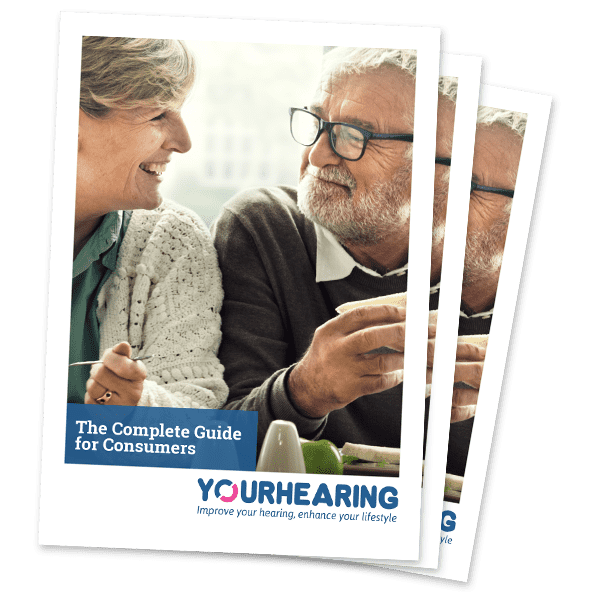All You Need to Know About Loud Music and Hearing Loss
Knowing the dangers of exposure to loud music
Do you ever have muffled hearing after being at a nightclub? Do you have ringing in your ears after listening to loud music? These are signs of hearing damage. The music was too loud for your ears to handle. Most of the time the muffled sound and tinnitus is temporary. Your hearing will return after a day or so. However regular exposure to loud music can cause permanent hearing loss.
So how does this happen?
Your ear is a very delicate instrument. When sound vibrations reach the eardrum, they make it vibrate. Inside the middle ear, there is a chamber with three small bones. As the eardrum vibrates these bones pick up and amplify the vibration sending it to the inner ear.
The inner ear contains the cochlear. The cochlear is shaped like a snail shell and contains fluid and thousands of microscopic hair cells. The vibration from the middle ear causes the fluid to ripple. Each ripple causes the hair cells to move, creating electrical signals which are sent to the auditory nerve and along to the brain. The brain turns these signals into the recognisable sounds that we hear.
As sound gets louder, the vibrations increase making the fluid move more quickly. When the hair cells move too fast they can bend or break. They cannot repair themselves or grow back, so when they become damaged there are fewer hair cells to transmit sound. Any noise over 85 decibels can damage your hearing.
It isn’t just the hair cells at risk from loud music. A sudden sound, like drumming, can create such strong vibrations in the ear that the eardrum can perforate. It may heal eventually but will not work as well as it did. In severe cases, the bones in the middle ear shake so violently together that they can crack or break. This type of damage is permanent and will cause severe and immediate hearing loss.
If you work with loud machinery, you will wear ear defenders to protect your hearing. There are laws in place to protect people at work from noise over 85 dB. However, the average MP3 player has a maximum volume of 90 dB. Nightclubs often have noise levels of 95 dB. The music at a concert near the stage or speakers can reach 100dB Regular exposure to loud music at these levels can cause serious hearing damage.
It will happen slowly, over time more and more hair cells will become damaged. This may happen so gradually that you will not notice it at first. The longer you listen to music at a loud volume, the less time it will take to cause hearing loss. Just a few decibels louder can greatly increase the intensity of the music, and cause more damage.
You may have trouble hearing people talk when there is noise in the background. You may have to turn the volume on your TV up, or turn up the sound of your music to hear the lyrics clearly. As we get older, the hair cells begin to die off naturally. This is why many people need hearing aids as they get older. If there are fewer healthy hair cells to begin with, the decline in hearing will happen much more rapidly.
So what can you do?
Protect your hearing if you’re at a concert or festival. Wear earplugs or ear defenders if you are near the stage or close to speakers. Give your ears a rest by moving away from the stage at regular intervals.
When listening to music through headphones, don’t have the volume at maximum. A good way to tell if your music is too loud is by asking others if they can hear it. If someone standing 2 feet away can hear the music on your headphones, then it’s loud enough to cause you hearing damage.
If you find you turn up the volume to block out the outside noise, try noise-cancelling headphones. They cover the ear completely so you can’t hear other noise around you. This lets you listen to your music without distraction, at a safer volume.
If you do suffer from muffled hearing or tinnitus you should see your GP or audiologist who can check to see if you have suffered any permanent damage. They can also advise you on any treatment needed.
Need more support with hearing aids or hearing loss?
Call us free on 0800 567 7721, we are open 8am to 8pm 7 days a week, to speak to one of our audiologists who will be happy to help you with any hearing healthcare enquiries. Alternatively, you can fill out the form or watch our hearing aids and hearing healthcare videos below to discover more about who we are.


